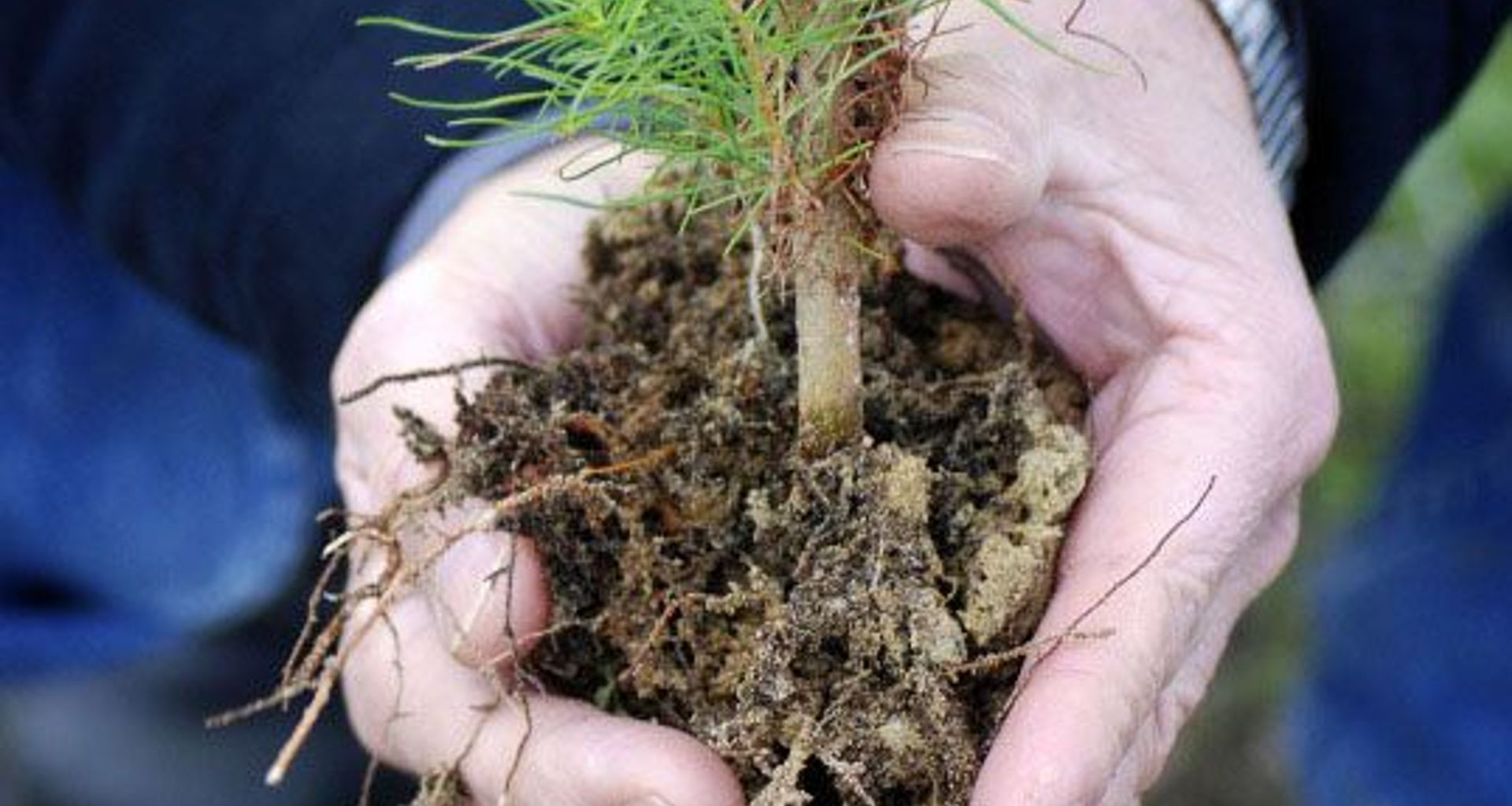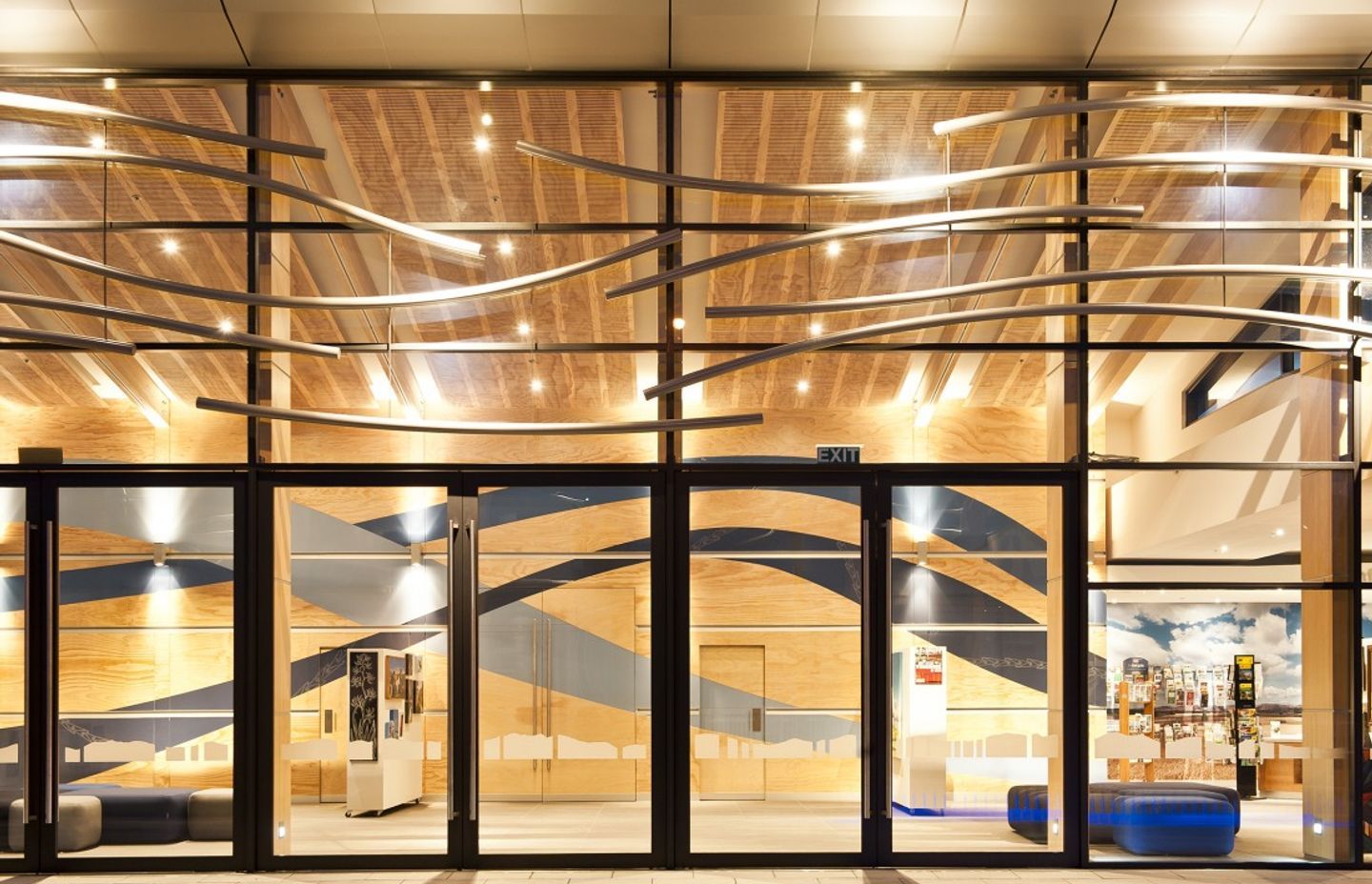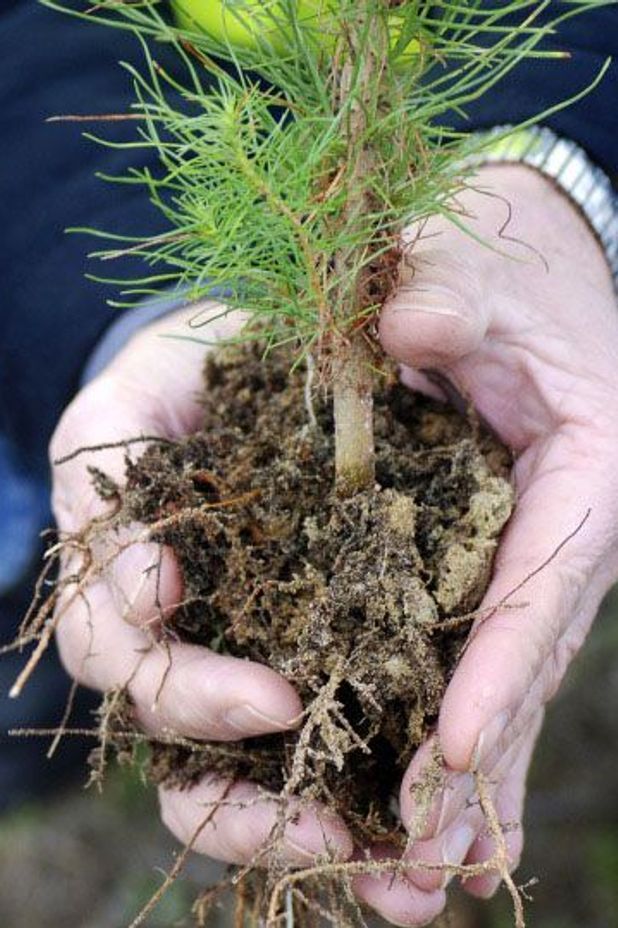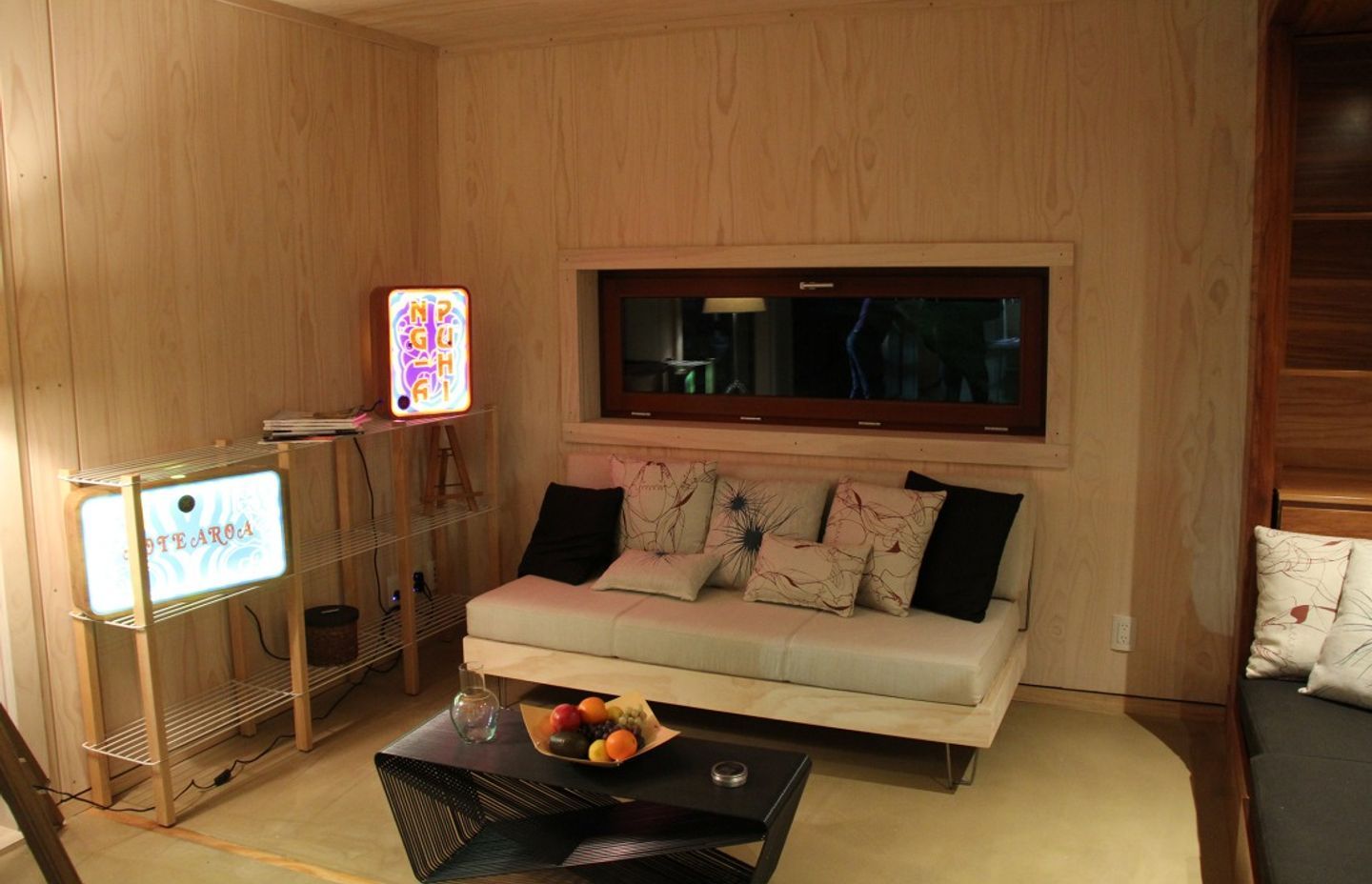What is the future for timber in NZ? Juken New Zealand's Gordan Wilmshurst shares his thoughts
Written by
04 September 2016
•
3 min read

As a key member of the national forestry and wood-processing industries, Juken New Zealand Ltd has taken a sustainable approach in planting, harvesting and managing timber for more than two decades. Their parent company WoodOne Ltd is based in Japan, supporting Juken in exporting their quality timber worldwide but especially to the Asian and European markets.
We spoke to Gordon Wilmshurst from JNL to discuss what’s on the horizon for this green Kiwi industry, as well as the importance of quality timber in framing and building.
The Future of Radiata Pine in New Zealand
“Internationally, New Zealand is renowned for its clean, green environmental efforts and the team at JNL have been following the same philosophy,” explains Gordon. “However, New Zealand is only geographically so big and the timber industry at the moment is booming more in terms of exporting overseas.”
In many ways, the future of timber echoes the past. Most wood exporters are exploring more efficient methods of growing good quality trees. A lot of work has gone into genetically improving the trees so they have minimal defects, therefore returning a higher value product. Radiata Pine is well suited to New Zealand growing conditions and if it’s managed well can provide sustainability long term. JNL currently harvest their pruned radiata estates on a 28-30 year rotation before processing at the production mills situated in Gisborne and Wairarapa.
“It’s a long term commitment and it takes a while to see the reward,” says Gordon. “The key is to invest time and careful environmental planning into the wood-production mills to ensure the forests are left in better shape for future generations while continuing to service markets around the world.”
Why Radiata Pine is Proving to Be Promising
JNL chooses to specialise in Radiata Pine, a fast-growing timber that is well suited to New Zealand’s climate, which can be turned around quickly and sustainably. It’s a premium product that is also in demand overseas due to its aesthetic appeal.
Radiata Pine, if dried correctly, can take on a very white natural look, giving it appeal with European importers. Its light hue suits modern white interiors and fresh Scandinavian decor. It can be used for doors, windows and flooring options.
“We use a quarter sawn cutting methods in our mills, which offers the end user a dimensionally stable product over conventional sawing methods,” notes Gordon.
Winning awards in New Zealand
The Carterton Events Centre and Greytown Town Centre have embraced the use of Radiata Pine.
“The Carterton Events Centre is a project to be proud of and rates as one of my favourites. To receive an award in 2012 Timber Design Awards alongside Opus International Consultants was a
huge honour and really showcased the end use of Radiata Pine, be it structurally or aesthetically,” says Gordon.
The clever design meant that the building can move and is flexible, but will stay upright should an earthquake strike, making it safer for its inhabitants. The Greytown Town Centre was also a labour of local love, as the wooden materials were sourced from the Wairarapa Mill. Both projects highlight the striking visual quality of Radiata Pine, and how well it blends into a modern setting.

While the focus in this era is on exporting, perhaps within the next decade we will see more use of Radiata Pine domestically as local architecture emulates the Scandinavian or other European styles that showcase wood in both interior and exterior design.

